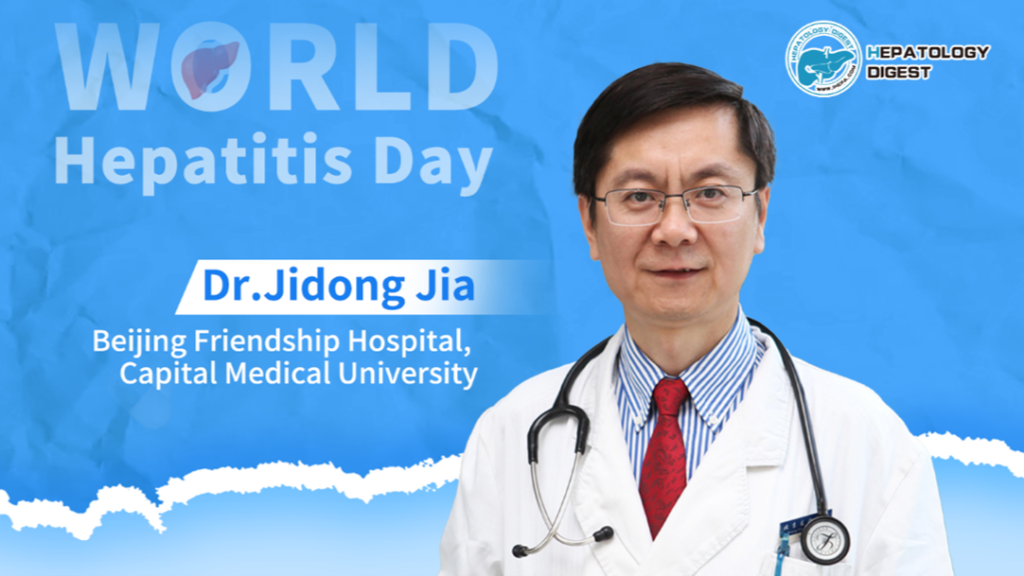
China has historically been a high-prevalence area for Hepatitis B virus (HBV) infection, with a hepatitis B surface antigen (HBsAg) prevalence rate of 9.7% in 1992. Comprehensive strategies, including the hepatitis B vaccine program for newborns (HepB), with a strong emphasis on timely administration of the birth dose and completion of the three-dose schedule, have significantly reduced mother-to-child transmission and early childhood HBV infections. With the significant reduction in the cost of antiviral drugs, treatment accessibility and affordability have greatly improved. From July 20 to 21, the "2024 World Hepatitis Day Campaign and Hepatitis Elimination Action Conference" was held in Beijing. Dr. Jidong Jia from Beijing Friendship Hospital ,Capital Medical University delivered a keynote speech titled "Progress and Challenges in the Prevention and Treatment of Hepatitis B in China," where he systematically explained the progress made, the challenges faced, and the urgent actions needed in the prevention and treatment of hepatitis B in China.










